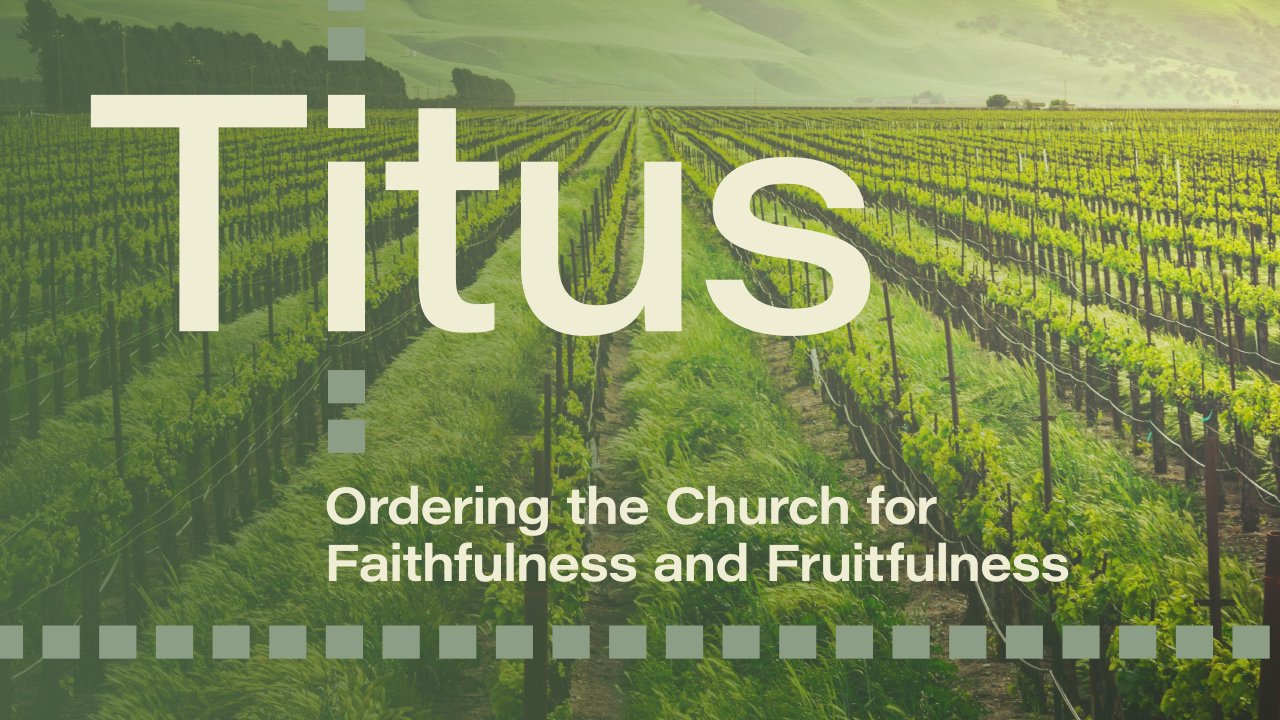Epiphany is a holiday that occurs on January 6th in our calendars. It is one that in evangelical circles we tend to overlook because we do not follow a liturgical church calendar. But this Sunday as we continue our series in Titus and look at “Ordering the Church for Faithfulness and Fruitfulness,” we will find a reason to celebrate Epiphany, not necessarily on January 6th, but every day.
The text we will be considering is Titus 2:11-15 as we consider how the epiphany of grace orders the church. Our text deals with salvation past, present, and future. It is a text rich in Christology, the person and work of Christ, and Pneumatology, the person and work of the Spirit. But as we saw last week in Titus 2:1, sound doctrine is not simply theoretical but has practical ramifications for the gracious working of God on behalf of all people. In the process of developing the theme of God’s gracious work on our behalf, this passage sets forth the reasons why believers in Christ can and should live a godly Christian life.
In preparation, please read Titus 2:11-15. Join with us to consider this passage which so beautifully and vividly points us to the transforming power of both the first and second epiphanies (appearances) of Christ.
For His glory and your growth in grace,
Pastor Rod
---------------------------------------------------------------------------------------------------------------
Discussion & Response Questions: Titus 2:11-15
What does Paul present as being “revealed” or “appearing” in Titus? (See 1:2-3; 2:11; 3:4)?
What is grace? How is grace distinct from mercy and reward?
What does Paul teach us about the function of grace?
What does grace do—negatively, and positively? What does gospel transformation look like?
Look for parallels between 2:12 and 2:14. How are these related?
Practically speaking, what does it look like for grace to train us? Do you see yourself as needing training?
Have you lost the ability to say “no” to your compulsions and desires?
Have you lost the concern to say “no”? Do you cite grace and Christian liberty to excuse your lack of concern to say no?
Have you lost the zeal to say “no” or do you only say no grudgingly or when you fear you would be caught, embarrassed, shamed?
In considering these verses, what do you see God doing? What is God accomplishing by his grace?
What is the role of the believer? What is the believer to receive vs to do?
What does it look like to wait (2:13)?
How should we apply these truths about grace?






